When the cold weather hits, one thing you want to know for sure is that your furnace will work reliably and efficiently. It’s important to keep up with the maintenance on your furnace so that it will be in peak condition when you need it to keep you warm. What you may not realize, though, is that something as simple as dirt or dust can cause major issues with your furnace.
- Dirt clogs your air filters. The filter is an important part of your furnace because it keeps contaminants out of your system. If dust and debris get through the filter, they can damage your furnace’s components. If the filter is doing its job, though, it needs to be changed about once a month during the heating system, because otherwise it will become clogged and restrict air flow. Restricted air flow makes your furnace work harder and wear out faster.
- Dust and debris in your furnace can cause a burned-out motor. Dirt that gets into the moving parts of the blower motors can cause them to burn out and need replacing. When dirt and dust get into the burners, they can’t draw oxygen to light the jets as easily. Then, too, the jets can’t easily transmit heat to the combustion chamber if they’re dirty.
- A dirty furnace is a less effective furnace. Dust across the heat exchangers causes them to transfer less heat. This forces the furnace to run longer to reach the right temperature, which can cause the whole system to wear out more quickly than it should.
- That weird odor you smell could be dust in your furnace. Dust that collects on the heat exchanger and in the air ducts when the furnace is not in use can cause a smell once it’s turned on again. If the problem is simply a matter of built-up dust, it should disappear within a few hours. If it doesn’t, change the air filter. If it still persists, it could mean something else, like a problem with mold somewhere in the system. If the smell is more like burning plastic or electrical parts, see if you can spot a foreign object in the registers or ductwork. If that doesn’t seem to be a problem, call in an expert to help you determine what’s wrong.

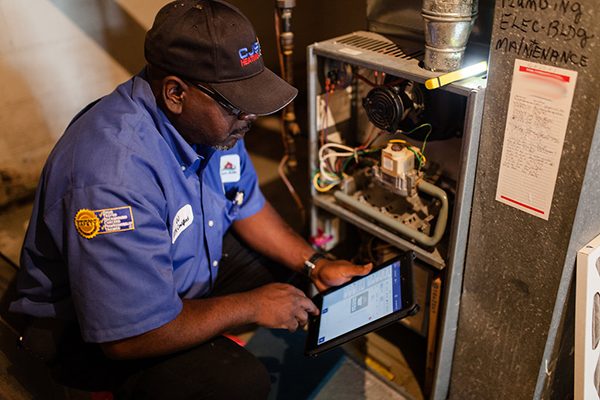 Will your furnace last another winter? If it’s a few years old, you might not be sure. What you do know is how disruptive a furnace breakdown can be, especially in the middle of the holidays while in-laws are visiting. Decrease the chance of furnace failure this winter by following these tips.
Will your furnace last another winter? If it’s a few years old, you might not be sure. What you do know is how disruptive a furnace breakdown can be, especially in the middle of the holidays while in-laws are visiting. Decrease the chance of furnace failure this winter by following these tips.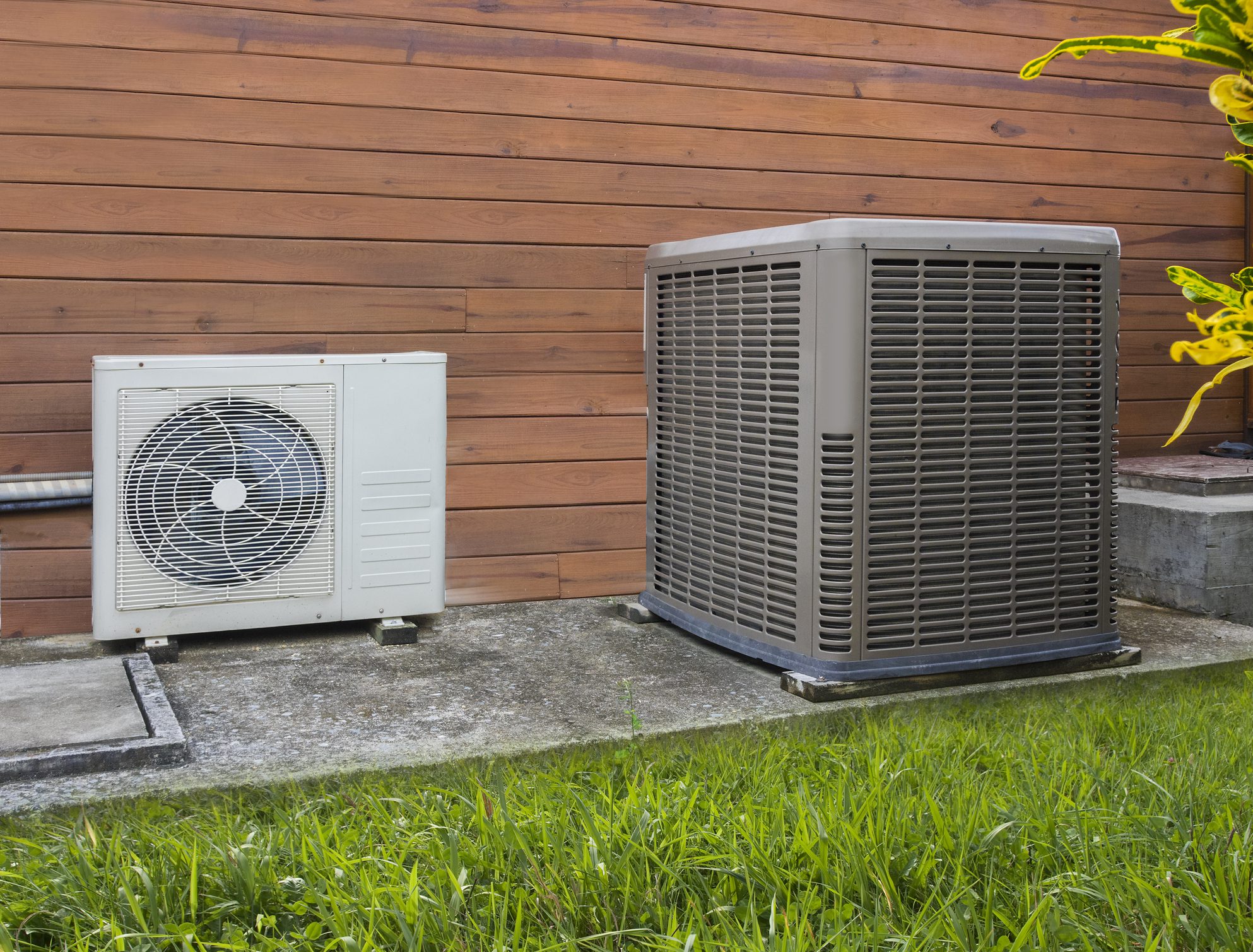
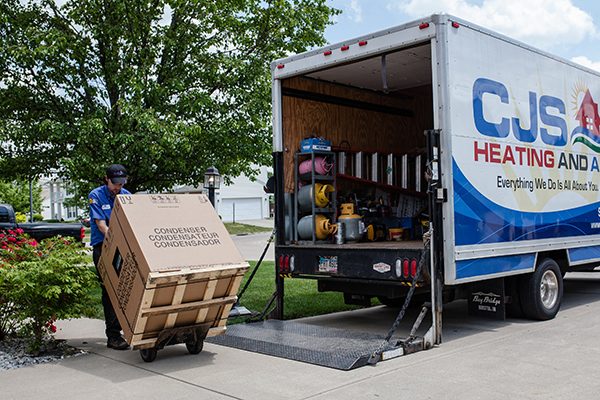
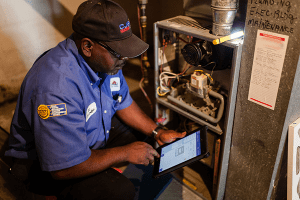 As winter months approach, many of us Dayton homeowners struggle to find creative new ways to save on utility bills. The time to take action is now before cool snaps turn into frosty, cold nights.
As winter months approach, many of us Dayton homeowners struggle to find creative new ways to save on utility bills. The time to take action is now before cool snaps turn into frosty, cold nights.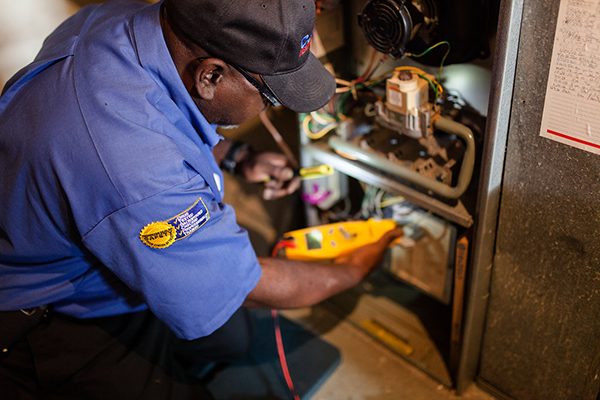 Staying warm in winter is a basic need that all creatures share, but you can also use winterizing projects around the house to help save yourself some money. Keeping warmer and saving money doesn’t have to cost a lot either. Here are four ways you can stay warm and keep money in the bank.
Staying warm in winter is a basic need that all creatures share, but you can also use winterizing projects around the house to help save yourself some money. Keeping warmer and saving money doesn’t have to cost a lot either. Here are four ways you can stay warm and keep money in the bank. 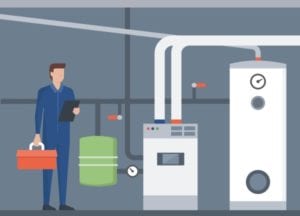 There’s nothing worse than your furnace going out during the biggest cold spell of the year. Fortunately, you have a variety of options to choose from when it comes to furnace replacements, the most common of which are oil, gas, and electric. Each option has its own advantages and disadvantages, so take a look at this comparison provided by the clean, screened, trained and timely technicians at
There’s nothing worse than your furnace going out during the biggest cold spell of the year. Fortunately, you have a variety of options to choose from when it comes to furnace replacements, the most common of which are oil, gas, and electric. Each option has its own advantages and disadvantages, so take a look at this comparison provided by the clean, screened, trained and timely technicians at